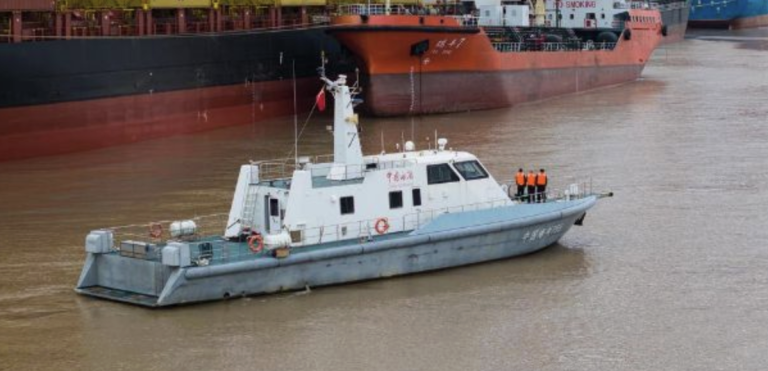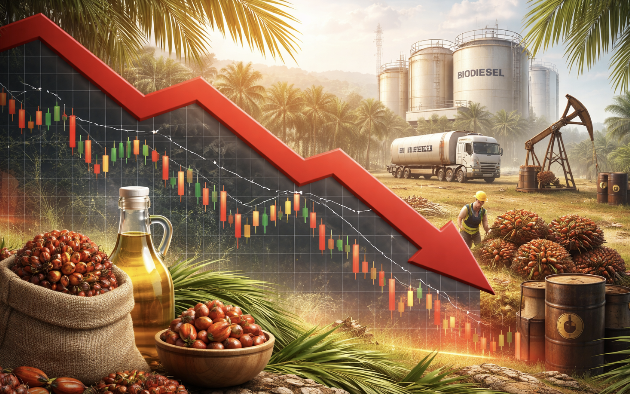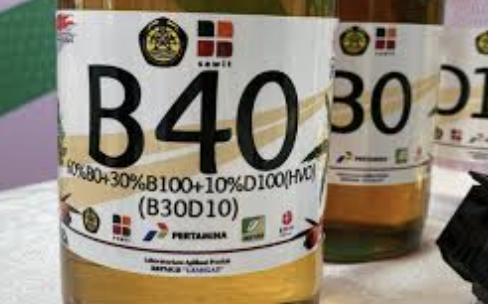
January 19, 2026
In 2025, Ningbo-Zhoushan Port, China, reached a major milestone as its bonded marine biofuel bunkering volume surpassed 60,000 tonnes for the first…

January 18, 2026
Malaysia’s palm oil plantation sector is expected to face a more challenging operating environment in 2026, despite relatively stable production. According to…

January 18, 2026
The postponement of Indonesia’s B50 biodiesel blending mandate has weighed on palm oil prices, dampening expectations for near-term demand growth from the…

January 18, 2026
Vietnam is set to officially transition to E5 and E10 biofuels from June 1, 2026, following a long-term roadmap developed by the…

January 15, 2026
Hawaii is charting a new pathway for energy transition by bringing airlines, fuel producers, and local farmers into a single sustainable aviation…

January 14, 2026
Indonesia will continue to implement its B40 mandatory biodiesel blending policy this year, while plans to transition to B50 remain under further…

January 13, 2026
The Manufacturer reports that the Sustainable Markets Initiative (SMI), founded in 2020 by King Charles III when he was Prince of Wales,…

January 13, 2026
Indonesia’s plan to launch its B50 biodiesel mandate will depend on the price spread between crude oil and crude palm oil (CPO),…

January 13, 2026
Malaysia’s Minister of Plantation and Commodities, Datuk Seri Norliza Ahmad, said that the Malaysian Palm Oil Board (MPOB) plans to officially introduce…

January 5, 2026
Thailand is formally entering a new phase in the development of sustainable aviation. The Ministry of Energy has confirmed that it is…










